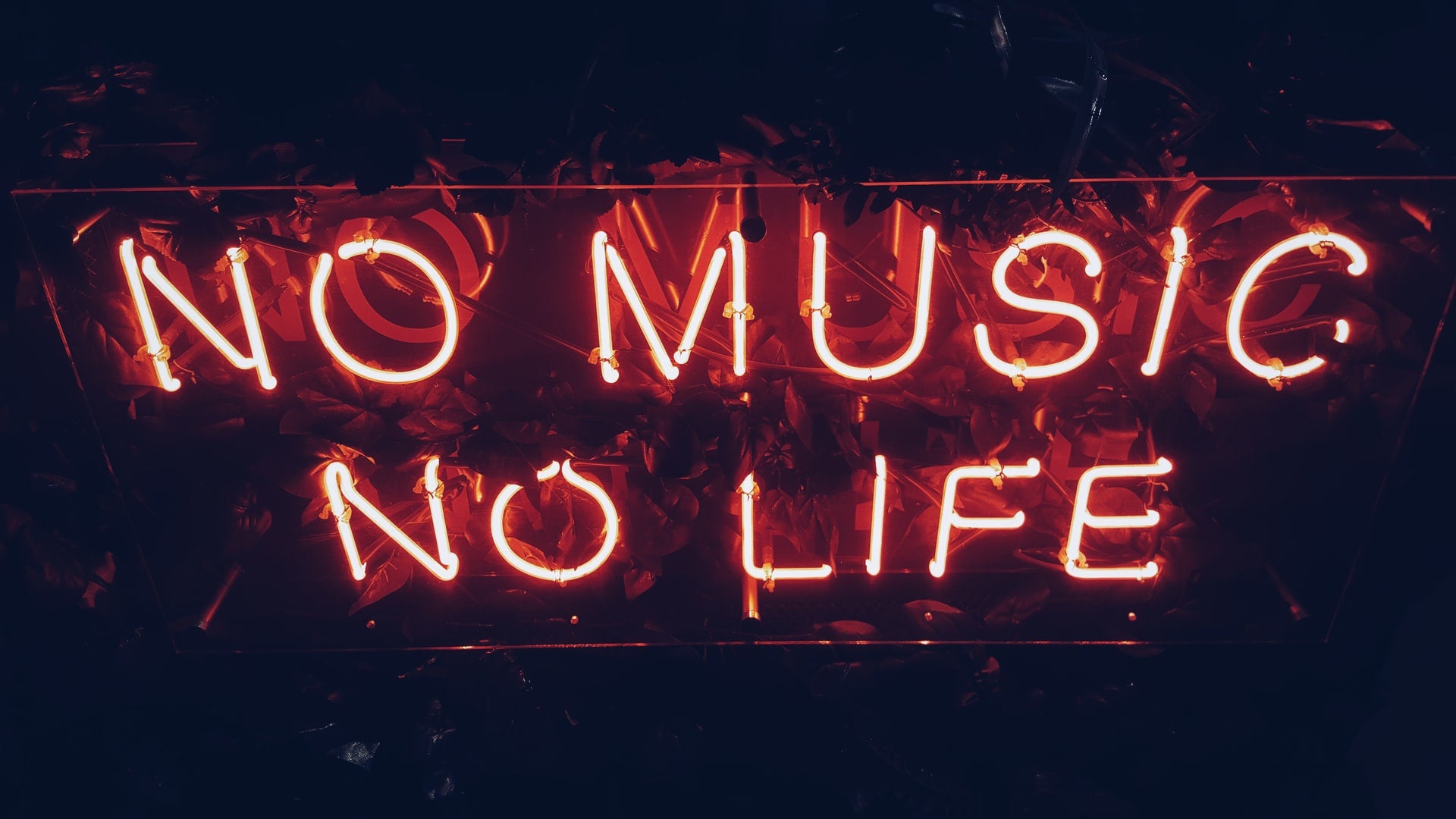Your aunt Mabel has told you that since she's had her cat, Mozart, listen to Ludwig Van Beethoven's classical compositions, it seems to be causing less havoc at home. This doesn't surprise you: you've heard before that classical music calms little feline devils. But this time, the subject seems to have put the wheels in your head in motion. You’re suddenly wondering: “If music soothes cats, it can work for humans, can't it? After all, we are mammals, just like them! Better yet, could music be a good way to sleep?” After looking up the subject on the internet, you come across this article by Polysleep, your foam mattress specialist, on the subject. Keep reading, you'll learn a lot!
Music, a definite positive effect on the quality of your sleep!

The effects of lack or poor quality of sleep are real. In the short term, it can lead to attention deficit, which can have serious consequences, such as road accidents. In the longer term, the risks to your health are also very serious, and include obesity, with its attendant risks, and heart problems. But to get a good night's sleep, there’s a free and non-addictive way, unlike sleeping pills: music!
Music has a direct beneficial effect on the parasympathetic nervous system, helping your body relax and prepare you for sleep. According to the SleepFoundation.org website, older adults listening to 45 minutes of relaxing music before going to bed fall asleep faster, sleep longer and wake up less often in the middle of the night than when they don't listen to music. The same goes for younger adults: when they are offered to listen to either classical music, an audiobook or nothing at all before going to sleep, it is those who relax with music that experience the greatest improvement in terms of quality of sleep. So yes, listening to music will help you improve your sleep!
Discover other natural sleep aids
Great! How does music work on our body to help us sleep?
Simply by making us feel calmer, through its biological impact on our body on many levels. Music has the power to lower our heart rate, our breathing and our blood pressure, and it can even relax our muscles. These effects are similar to those our bodies experience when we fall asleep. This makes music the perfect activity to help you fall into a restful sleep!
Also, there is a lot of binaural music on the internet these days. What is binaural music? It’s music that, in stereo headphones, plays sounds in each ear at slightly different frequencies. When you listen to it, the brain produces so-called low-frequency pulses, called binaural beats. These would have the effect of reducing anxiety and stress and, in this case, fighting insomnia. A Korean study has shown through electroencephalography that music with binaural sounds reduces the amplitude of beta waves, which are linked to high brain activity (very active thinking, high concentration, anxiety). Another study from 2013, conducted on the sleep of soccer players, focused on synchronizing brain waves, including alpha, theta and delta waves, which are used to measure the quality of sleep. This stimulation was also done using binaural beats. The result? A better quality of sleep. Of course, research is still needed among the general population, but the results are encouraging!
Great, I want to try it! Which music should I choose? How do I listen to it?
First of all, you’ll have to choose the type of music. Keep in mind that you will be more likely to relax with familiar music that you enjoy. That said, slower music is preferable: choose songs with a rhythm between 60 and 80 BPM. Among the music genres that include this type of rhythm, you'll typically find classical or jazz.
The other approach, relatively new and the effects of which are to be confirmed, is of course listening to binaural music, which includes 432 Hz binaural music. It's simple: if you have a Spotify account, the music streaming service already has several binaural music playlists, for example, there’s one titled Binaural Beats for Sleep.
Listen to your music up to 45 minutes before you go to sleep to relax, and repeat this every night. This will increase its effects over time: the music will send a signal to your body, which will then be conditioned to go into a relaxed state of mind for a restful sleep!
That's all there is to it! You now know that YES, music is beneficial before going to sleep. You also know how it affects our body in a positive way to get a good night's sleep, and how you can benefit from its positive effects. Still, do you feel that your bed is failing you in your quest for absolute sleep? Discover the Polysleep foam mattresses and their incredible support-to-comfort ratio directly online!











